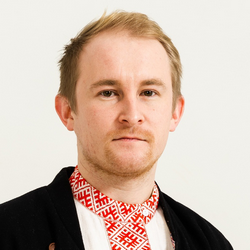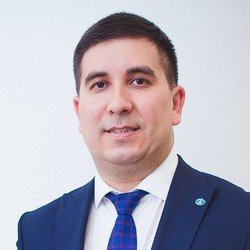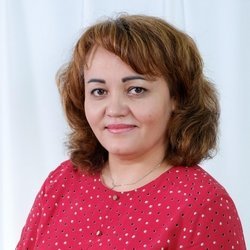Koresh at physical education lessons!
Schools will start playing lapta. How can the peoples of Tatarstan respond?
The Lapta module was approved at the beginning of the year for the educational programmes of Russian schools: students will be play lapta — in physical education classes or optionally. Realnoe Vremya interviewed representatives of the peoples of Tatarstan, which games they would like to see in educational institutions.
Shall we play v vorotsa?
The proposal to add lapta appeared in October 2022 during the All-Russian Forum of school sports clubs in Kazan. The programme was prepared by the Russian Lapta Federation of Russia with the support of the Federal Centre for Organisational and Methodological Support of Physical Education. They will begin popularisation in 32 thousand school sports clubs of the country, which, by the way, plan to open next year in each school. “This will allow schoolchildren to develop their physical skills, and will also contribute to the moral education of schoolchildren and students. While playing lapta, children learn to work in a team, to be proactive and decisive," the press service of the Ministry of Education of the Russian Federation notes.

“V vorotsa game echoes the Russian tradition and all peoples have it. This is a moderately active live game with tasks, where children are given the opportunity to have fun, come up with tasks for those who lost," adds Alexandrov.
The chairman of the Chuvash national cultural autonomy, Simon Vasiliev, believes that the game called "Çӗрӗ", which translates as a ring, would be appropriate in physical education. All participants fold their hands into a boat, and the leader, holding the ring in his palms, imperceptibly puts it to one of the participants. Then the players guess who got the ring. The loser must complete some task, sing or dance.
Naza — for the Tatars

The director of the Tatkultresurstsentr, Alsu Miftakhova, points out many games traditionally peculiar to Udmurts, Russians, and Chuvash, although they have different names.

What do they think about lapta in the Ministry of Culture? Can national games become an identity propaganda? The ministry stated that they also thought about it, but they will inform in more detail about their plans in this direction at the board of the Ministry of Culture of Tatarstan.